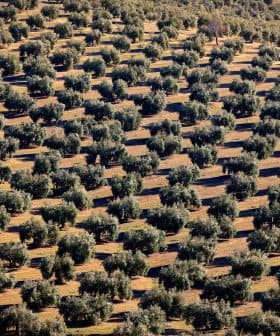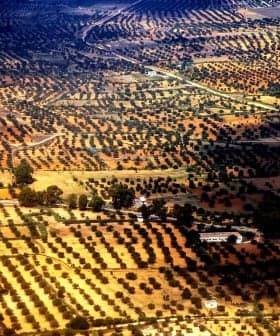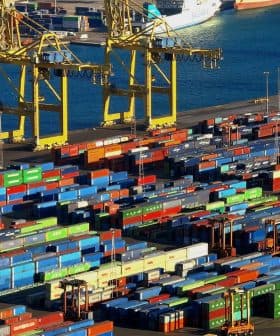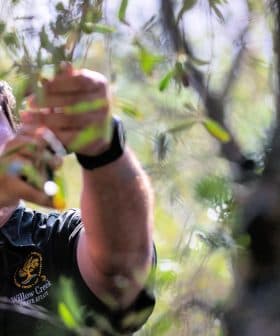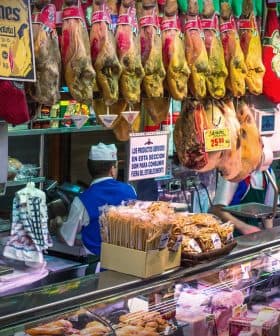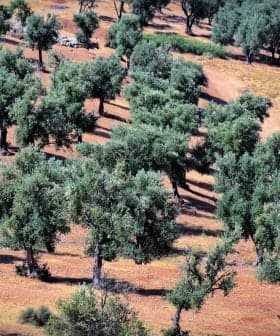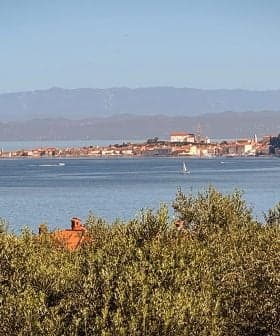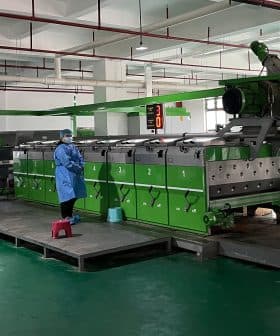After Drought, Downpours Wash Away Catalonian Harvest
Widespread rain in Catalonia caused the loss of up to 70 percent of the olive harvest, amounting to more than €27 million, prompting a call for direct aid for affected producers from the farmers’ union Unió de Pagesos. Meanwhile, Innoliva in Spain and Portugal utilizes drip irrigation for its olive hedgerows, which saves water, allows year-round production, and creates employment, with plans to build olive oil processing plants close to its estates.

First drought reduced the potential olive harvest then widespread rain washed much of it to the ground — causing the loss of up to 70 percent of production and more than €27 million ($36.6m), a farmers’ union in Catalonia reports.
The Unió de Pagesos said many plantations in Catalonia had been lashed by last week’s downpours. While the rain bodes well for the next harvest, this year for many producers “it isn’t worth harvesting the few olives left on the trees now that the majority of production is on the ground.”
In a press release, the union called on the Catalan Department of Agriculture to expedite direct aid for the worst-affected producers, to prevent them abandoning their plantations, and in the longer term to help put irrigation within their economic reach.
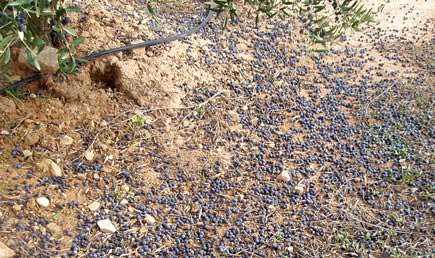
Three advantages of drip Irrigation
Meanwhile, drip irrigation of its olive hedgerows is a key plank of the super-intensive cultivation system used by Innoliva to produce extra virgin olive oil in Spain and Portugal, reports La Razon.
Innoliva head Miguel Rico said this type of irrigation had three main advantages.The first was environmental — a 45 percent saving in water, the second economic — it allowed year-round production, and the third benefit was social — “It creates employment throughout the year.”
While traditional cultivation usually involves a density of 75 – 125 trees/ha and intensive up to 300, Innoliva says its super-intensive cultivation of up to 2000 shrubs/ha poses no additional stress to the land.
Another major goal for Innoliva is to build olive oil processing plants as close as possible to its olive estates, ideally so the olives reach the mill within six hours of harvest.
The first was inaugurated last month by the company at El Carapetal, in the Alentejo, in south-central Portugal, and has capacity for 50,000 tons of olives per season.
Rico said that he’d next like to build a biomass plant to take advantage of waste such as pruning and pomace.


